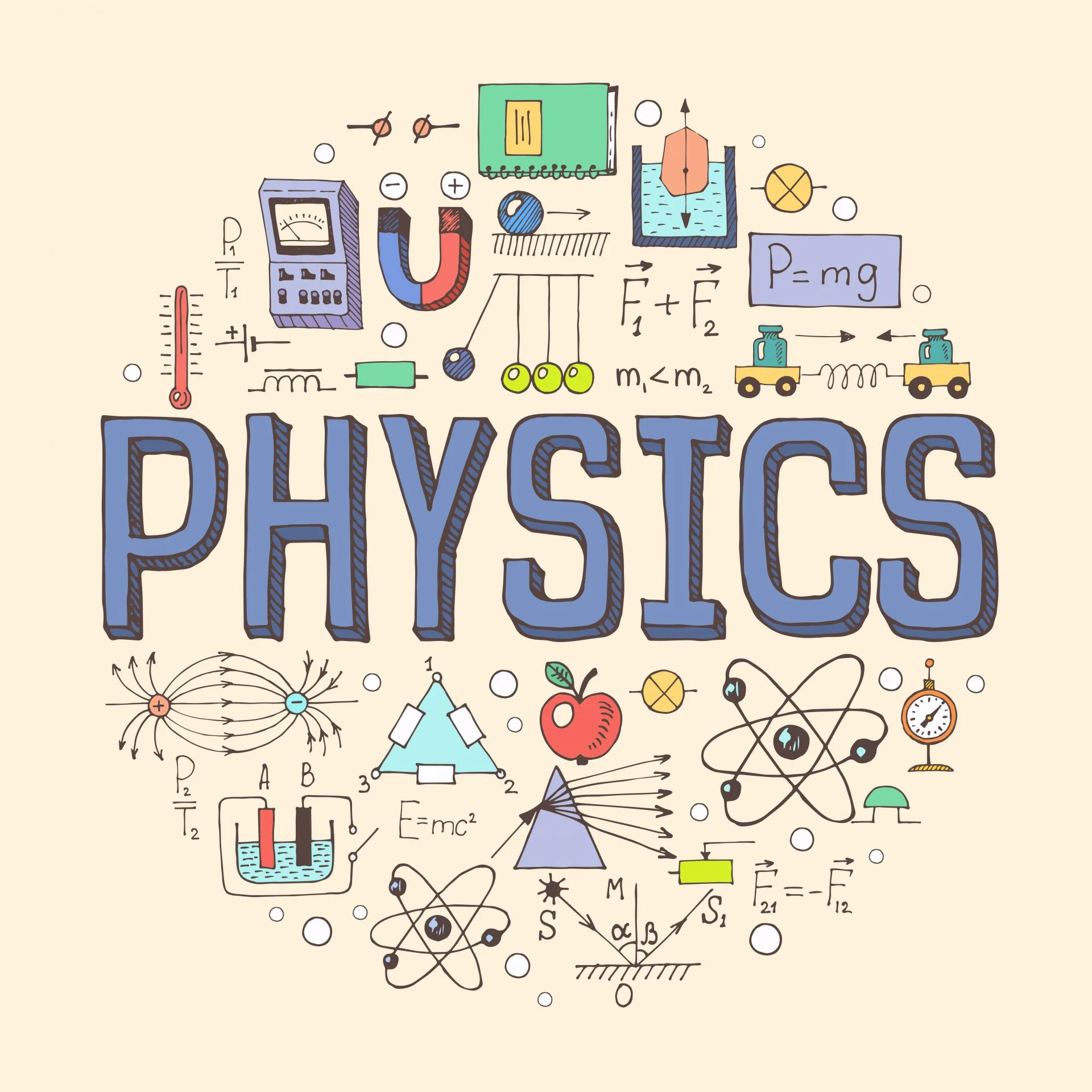![]()
🎓 Master Practical Skills in GCSE Physics: Your Roadmap to Academic Success 🎓
🧪 Practical Skills: The Game Changer in GCSE Physics 🧪
Practical skills are an essential component of the GCSE Physics syllabus, providing students with hands-on experience and a deeper understanding of the subject. These skills are not just about following instructions; they’re about applying theoretical knowledge to real-life situations, a skill highly valued by universities and employers alike.
🚀 Why Practical Skills Matter 🚀
Practical skills aren’t just about getting the right answer. They’re about understanding the physics behind the answer. For instance, a student who understands how to calculate the potential energy of a falling object can apply that knowledge to any situation, not just the one given in the exam. This transferable skill set is invaluable in the real world.
💡 Developing Practical Skills: Top Tips 💡
- Get Hands-On: The best way to develop practical skills is by doing. Encourage your child to participate in school labs or set up simple experiments at home.
- Focus on the Process: Don’t just aim for the correct answer. Teach your child to understand the steps involved in the experiment and the physics behind them.
- Practice, Practice, Practice: Like any skill, practical skills improve with practice. Regularly revise practical techniques and theories.
🏆 Ace Your Practical Exams: Expert Strategies 🏆
- Prepare Ahead: Understand what practical tasks you’ll be expected to perform, and revise the related theory.
- Follow Instructions: Read and follow the instructions carefully. This seems obvious, but it’s easy to rush and miss a crucial step.
- Take Your Time: Don’t rush. Take a few moments to plan your approach, and don’t be afraid to ask for clarification if you’re unsure.
👩🏫 How Tutors and Teachers Can Support 👩🏫
Tutors and teachers play a crucial role in developing practical skills. Make sure to:
- Provide a Safe Environment: Encourage students to ask questions and make mistakes in a supportive, non-judgmental atmosphere.
- Offer Guidance: Guide students through the practical process, explaining the theory behind each step.
- Encourage Reflection: After an experiment, discuss what went well, what didn’t, and how it can be improved next time.
👋 Parental Support: How You Can Help 👋
- Encourage Interest: Show an interest in your child’s practical work, and discuss the physics behind the experiments.
- Provide Resources: Help your child find resources for practical work, such as online tutorials or textbooks.
- Stay Involved: Attend school events, such as science fairs or practical demonstrations, to show your support and interest.
🔍 FAQs ❓
- Why are practical skills important in GCSE Physics?
Practical skills help students understand the physics behind concepts, making the learning process more meaningful and preparing them for real-world applications.
- How can I help my child develop practical skills at home?
Encourage your child to participate in simple experiments and discuss the physics behind each step.
- What should I do if my child is struggling with practical work?
Contact their teacher or a tutor for guidance and support.
- How can practical skills help my child in the future?
Practical skills can help your child understand the world around them, making them more adaptable and prepared for future careers.
- What resources are available for practical work in GCSE Physics?
There are numerous resources available, including textbooks, online tutorials, and school labs. Speak to your child’s teacher or a tutor for recommendations.




